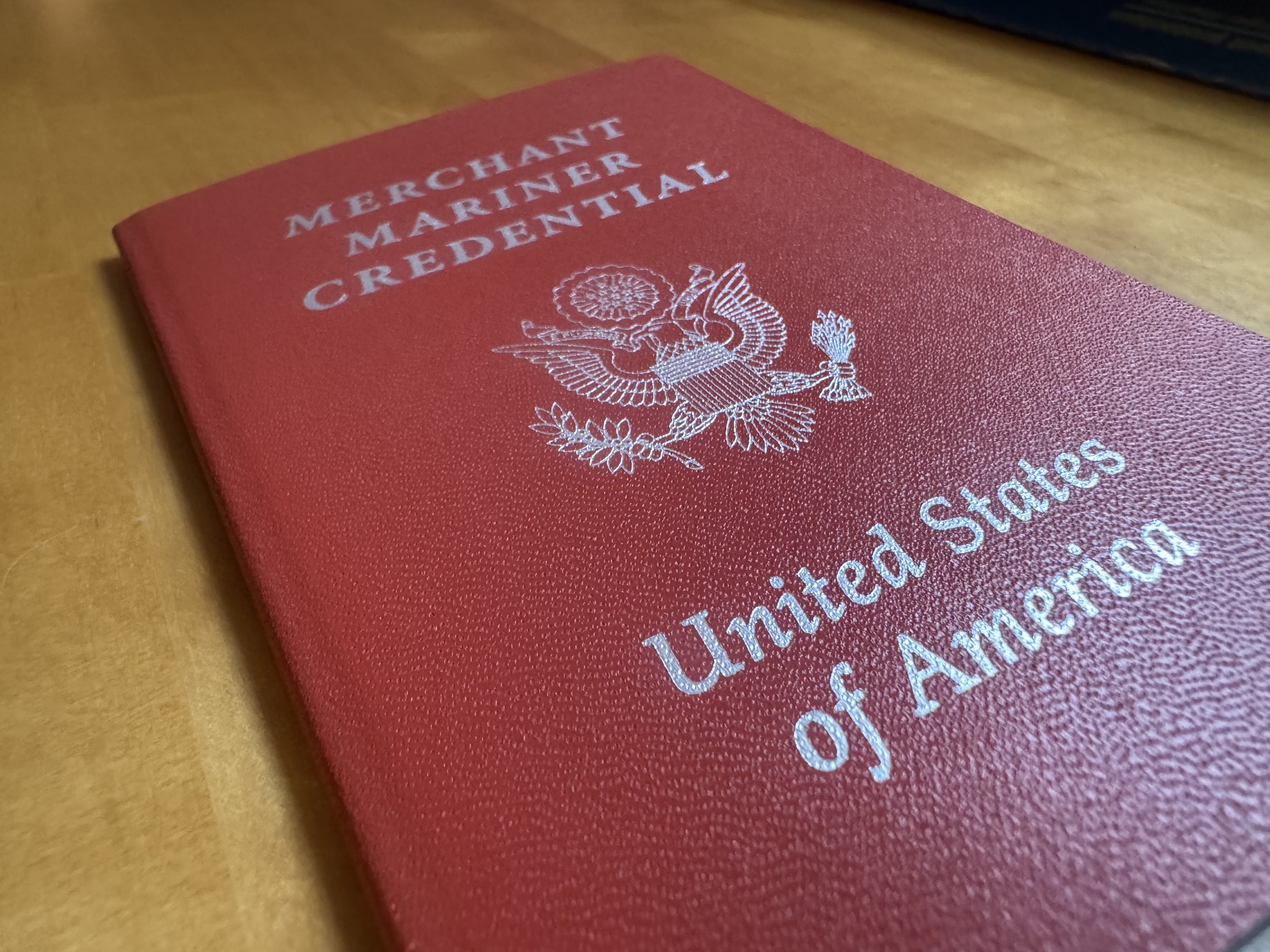If you’re new to boating or considering becoming a licensed captain, understanding the types of boating licenses can clarify which training you need and how to legally operate in your state.
What is a State Boating License?
In many states, a boating license or safety certificate is required for recreational boaters—those who go on the water for pleasure in personal watercraft. These licenses, issued by individual states, are designed to ensure boaters have a solid grasp of local boating laws and safety regulations. State-specific requirements vary, including age restrictions and safety guidelines, so checking state-by-state requirements is essential.
A state boating license does not permit boaters to operate commercial vessels or charge for services. This license is solely for recreational boaters and does not extend to commercial operations, such as small fishing charters, dive boats, or tourism businesses. If a captain charges for their services, they must hold a U.S. Coast Guard-issued Merchant Mariner Credential (MMC).
Most state boating certificates involve a basic course covering local laws, navigation, safety equipment, and environmental practices. These courses are offered online, at government offices, or by recreational boating companies. Reviewing the specific requirements in your state is recommended.
USCG Merchant Mariner Credential (Captain’s License): What Sets It Apart?
The USCG Merchant Mariner Credential, or Captain’s License, is a federal certification issued by the U.S. Coast Guard and valid in all 50 states. Unlike a state boating license, the Captain’s License is primarily for commercial operations, covering activities such as fishing charters, passenger vessels, and any boat carrying goods or services for hire.
Obtaining a Captain’s License involves significantly more training and documentation than a state boating certificate. Key requirements include:
- Sea Time Documentation: Applicants must prove their experience by documenting time spent operating vessels. Required sea time can range from 360 to over 1,000 days, depending on the license type.
- Physical and Drug Tests: Captains must complete a physical exam and drug test to meet federal health and safety standards for commercial operators. Note that marijuana remains federally illegal, even in states where it’s legal, so a clean drug test is mandatory.
- Coursework: Coursework includes navigation, safety protocols, federal maritime regulations, and vessel operation. To complete the course a final exam is required for a Captain’s License are more comprehensive than those required for a state boating license.
- Endorsements and Renewal: Captain’s licenses may include endorsements based on vessel types, navigable waters, or passenger limits. The license must be renewed every five years to ensure compliance with the latest standards.
Does a Captain’s License Work in All 50 States?
Because it is issued by the federal government, a Captain’s License is valid across all U.S. states and territories for commercial boating operations. This means you can legally operate a commercial vessel in any state with a Captain’s License. However, if you are boating recreationally in a state that requires a state boating license, you may still need to obtain that state license or certification.
Key Differences Between State Boating License and USCG Captain’s License
| Feature | State Boating License | USCG Captain’s License |
|---|---|---|
| Purpose | Recreational boating | Commercial boating |
| Issued By | Individual states | U.S. Coast Guard |
| Training Requirements | Basic local course | Extensive training and sea time |
| Exams | State-specific, less intensive | Federal exam |
| Validity Across U.S. | Limited to issuing state or reciprocal states | Valid nationwide for commercial operation |
| Health & Safety Requirements | None typically required | Physical and drug test required |
How Confident Captain Can Help
Confident Captain is a certified trainer for the USCG OUPV (Operator of Uninspected Passenger Vessels, or “6-pack” for vessels with up to six passengers) and Master Captain’s Courses. Rather than taking the USCG Exam at a federal facility, students can complete a self-paced online course with Confident Captain: 56.5 hours for the OUPV and 80 hours for the Master. The final examination can be taken via video conference from home or the office. Upon course completion, students receive a course certificate to submit to the USCG, along with their sea time documentation, drug test, and physical exam results.
Conclusion
Both state boating licenses and the USCG Merchant Mariner Credential promote safe boating but serve different purposes. A Captain’s License allows commercial operations nationwide, making it essential for anyone pursuing a maritime career or professional activities on the water. For recreational boating, a state boating license is often sufficient and meets local legal requirements. However, anyone providing paid services—even a casual fishing trip for tourists—must hold at least the OUPV MMC (Merchant Mariner Credential) to comply with federal law.

